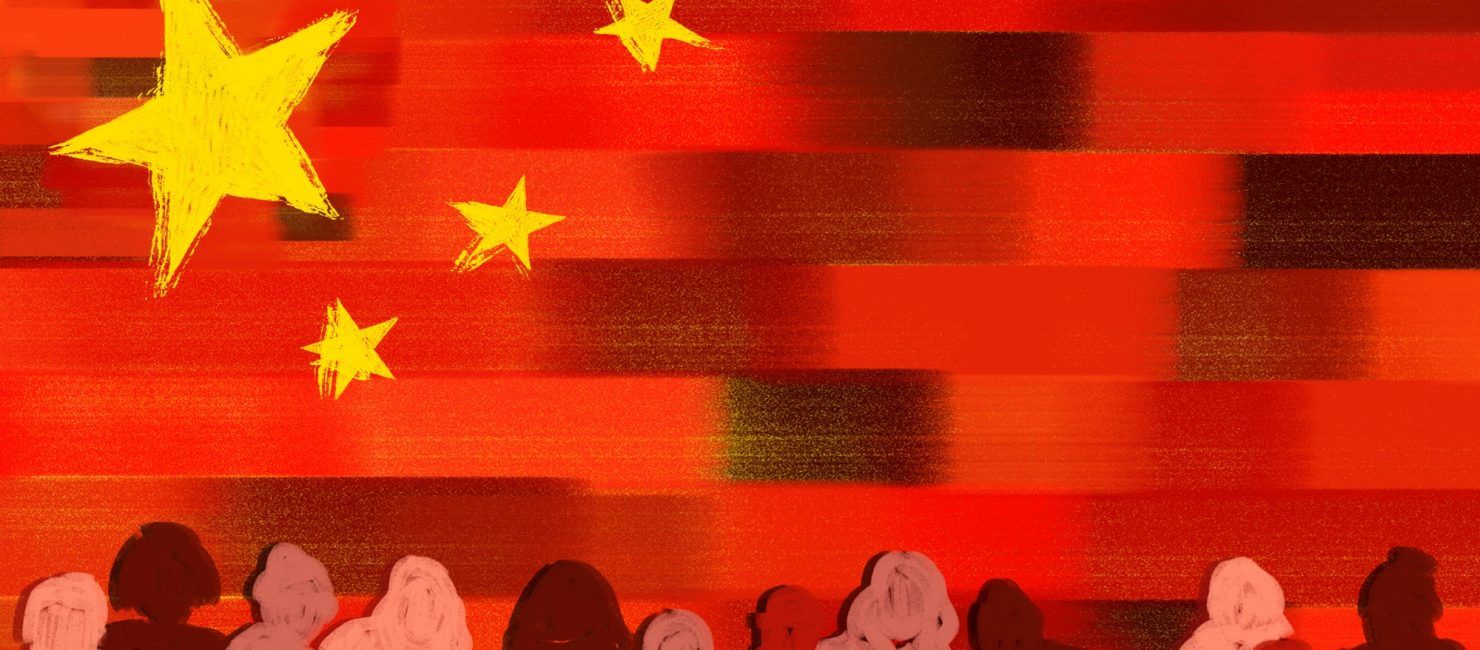

Mar
The economic interconnectedness we keep referring to here at ChinaFund.com is more than just a buzz word, because its ramifications move well beyond the realm of economics. To (over)simplify, economic interconnectedness leads to continuous transfers, not just transfers that are economic in nature (transfers of wealth, technology and so on) but also anything from political transfers (of ideology, for example) to cultural ones (for example, the personal freedoms which constitute the title of this article).
For an extended period of time, the mere discussion of personal freedoms was taboo (to put it mildly), partly because the average Chinese citizen had other priorities which were more in line with subsistence (think of it as a variation of Maslow’s Hierarchy of Needs) and partly because the (geo)political context wasn’t exactly a facilitator of such discussions.
As China’s economy started catching up to that of Western nations, mostly as a result of Deng Xiaoping’s openness policies which would have been considered downright treason during the let’s say Cultural Revolution of 1966, more and more Chinese citizens found themselves able to escape poverty, with the many implications that brought about.
Among other things, these implications also revolved around the privilege of seeing life in a more complex rather than subsistence-oriented manner. The emergence of a strong middle class (more details about just that can be found HERE) brought about novel interests among millions upon millions of individuals, anything from personal development (learning new things, traveling, etc.) to the pursuit of pleasure.
When it comes to the latter, things start getting problematic.
As we all know, Western entertainment in general is quite heavy on let’s call them personal freedoms, in other words seeking pleasure in ways that tend to be perceived as immoral in many cultures. The “rock star lifestyle” frequently preached by let’s say Hollywood inevitably ended up clashing with the cultural values of a China that found renewed interest in currents such as Confucianism, which revolve around being socially conservative, embracing family values and the list could go on and on.
Reconciling these two worlds is, needless to say, a Herculean task.
With new generations of Chinese citizens being more and more eager to experiment with personal freedoms, anything from the products they consume to the sexual choices they make, the Communist Party of China needed to adapt. Unfortunately for it, closing the proverbial informational floodgates is easier said than done, with pretty much any young Chinese with half-decent computer skills being able to easily bypass the Great Firewall of China.
This puts the authorities in a bit of a predicament, because:
- They had no choice but to realize that censorship can only go so far and, on the contrary, that it may very well backfire, as data pertaining to Prohibition-related alcohol consumption makes clear
- It is difficult to isolate the many positives associated with embracing economic interconnectedness with the West (export destinations, technology transfers, etc.) from the negatives, as perceived by the authorities (the West’s let’s call them cultural and ideological exports… pop culture, if you will). At the end of the day, it became a matter of coming to terms with the fact that the pros clearly outweigh the cons and the cons are quasi-unavoidable
- Personal freedoms represent yet another building block of a trend which may risk jeopardizing the very dominance of the Communist Party of China. Let’s just say it is far more difficult to preserve the political status quo for today’s leaders in a China with an increasingly educated and “Westernized” population than it has been for Mao Zedong, for example
Once again, it is abundantly clear that personal freedoms represent one of the most problematic issues the authorities in China find themselves needing to tackle and at the end of the day, a binomial perspective emerges, with there being two broad options:
- The “controlled demolition” of traditionalism, with the authorities gradually legalizing various personal freedoms, one step at a time, with the main advantage being that the entire process can be controlled rather than potentially violent and unpredictable
- Enforcing the current traditionalism-oriented status quo, essentially buying the status quo in its current form a bit of time but with significant risks such as those surrounding frustrations that inevitably build up in such cases
If history is to be an indicator, the authorities will most likely choose a slowed-down version of the former. Not because they are thrilled by the thought but rather because they perceive it as the intelligent thing to do from a calculated risk perspective. Just as the authorities ended up accepting the idea of opening up to the West as of the Deng Xiaoping days despite not necessarily being enthusiastic about the many cultural implications, something similar will most likely need to be done when it comes to personal freedoms.
While this doesn’t mean we can expect Beijing to become Amsterdam, it does mean it wouldn’t be a stretch to assume that over a multi-year or even multi-decade period, the authorities will end up allowing Beijing to become meaningfully closer to Amsterdam than it is at this point in time.
A mega-trend in the making, so to speak. Needless to say, those who position themselves wisely so as to be on the receiving end of the many opportunities pertaining to personal freedoms which will inevitably arise will most likely be in for generation-defining returns. Should you be interested in just that, the ChinaFund.com team is at your disposal, feel free to reach out by sending us a message through the Contact section of our website with what you have in mind and we will happily allow you to pick our brains on this topic and many others.
